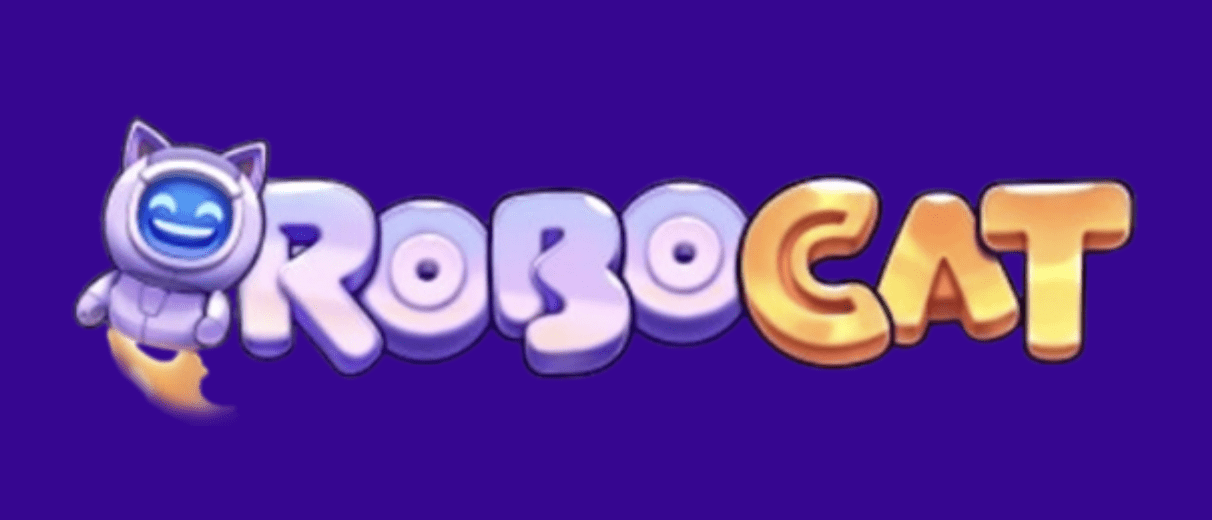Why Playtech slots keep winning over Canadian players

If you’ve ever poked around a Canadian online casino lobby, one name crops up again and again: Playtech slots. In a scene obsessed with whatever’s shiny and new, this veteran of the late 1990s is still pulling players into its reels.
Part of the secret is how comfortably Playtech slots straddle two worlds. On one side, there are mythology epics and comic-book chaos; on the other, stripped-back classics you could picture in a land-based casino on the Prairies. It’s a rare mix of spectacle and familiarity.
Jackpots, myths and mini-games
For a lot of Canadian players, the hook is the progressive jackpot network, which spans more than 80 linked games across multiple casinos. Each spin nudges a shared prize pot higher, so even low stakes can feed into some very serious numbers.
Flagship series such as Age of the Gods take that idea and layer on drama. Four separate jackpots sit above the reels, and a surprise bonus screen can drop you into a pick-and-click round where one well-timed choice decides which prize tier you climb into. Between that and the usual mix of free spins, wild symbols and multipliers, there’s plenty going on even before you think about the jackpots.
Canada’s next spin with Playtech slots
The real plot twist is happening in Ontario, where a regulated iGaming market has turned into a proving ground for big-name suppliers. New operators are lining up deals that use Playtech technology under strict Ontario rules, which means more familiar titles for players who want locally licensed sites.
As more provinces watch Ontario’s experiment, the appeal of plug-and-play content becomes clear: operators get a ready-made library; players get recognizable games with tools for deposit limits, self-exclusion and reality checks built into the platform.
For Playtech slots, Canada is less a quick land grab and more a long game. If more regions open up like Ontario, expect those lobby screens to lean even harder on the studio’s jackpots, branded tables and live-dealer studios. For players, the lesson is simple: the more competitive the market becomes, the more incentive there is for studios to keep evolving their games, and that can only make each spin a little more interesting.




